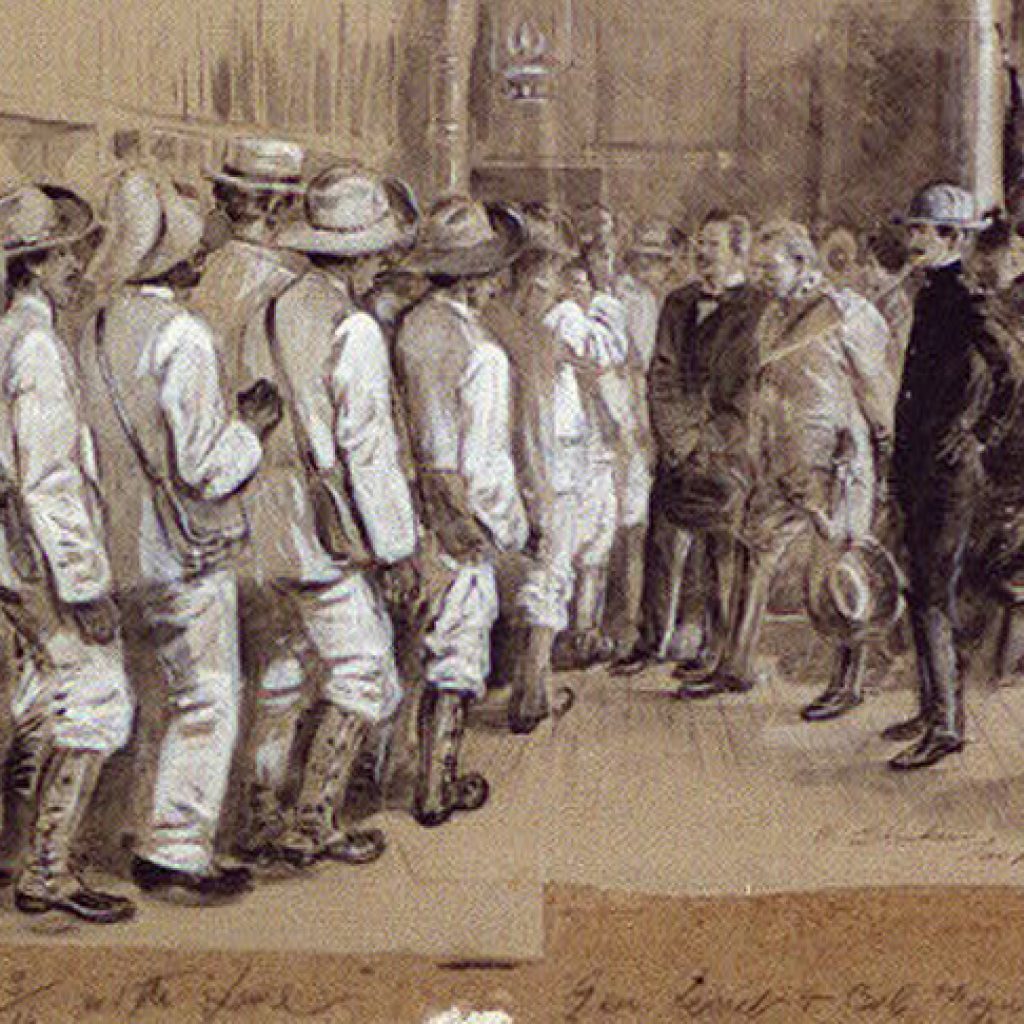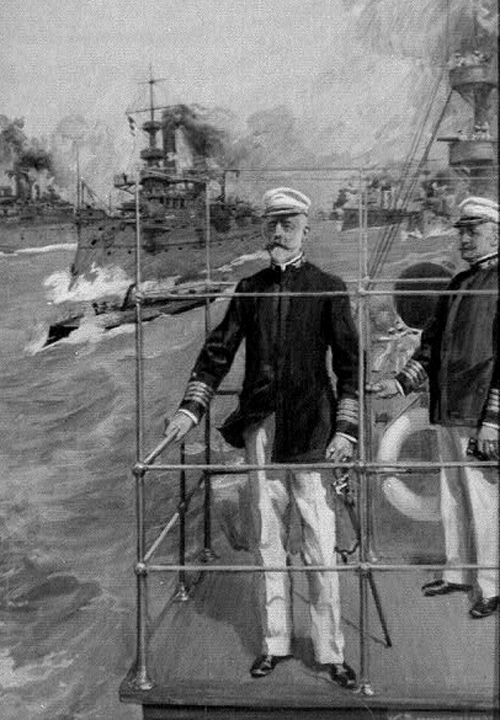
In their earliest relations, the United States and Cuba bonded spirits in a fight against an evil empire: Spain. The Spanish Empire had ravaged the island, leaving people starving, homeless, and dying in numbers by the masses.
The “fair and fertile land” to the South of the United States was “lying desolate” under Spain’s rule, and people were dying by the masses, wrote Percy Magan, a writer and academic. “The people of Cuba pleaded for their inalienable rights and liberties. Spain was determined that they should not have them, and their pleas were met with mockings and with war.”
Americans held great sympathy for the people of Cuba. Spain was not fighting fairly against Cuban insurrections. The fighting “was not civilized warfare, but only extermination,” Magan wrote.
The United States entered the war in April of 1898 and won it in only a few months. Spain relinquished sovereignty over its remaining colonies: Cuba, Puerto Rico, Guam and the Philippine Islands.
With the signing of the 1898 Treaty of Paris and with payment to Spain of $20 million for the Philippines, the former colonies became territories under U.S. control. That launched America’s experiment with imperialism.
Ceding of Territory
The treaty articulated the details of the handover.
“Spain relinquishes all claim of sovereignty over and title to Cuba,” the Treaty of Paris said. “And as the island is, upon its evacuation by Spain, to be occupied by the United States, the United States will, so long as such occupation shall last, assume and discharge the obligations that may under international law result from the fact of its occupation, for the protection of life and property.”
Occupation Begins
The goal in entering the 1898 war against Spain was to secure the sovereignty of Cubans to the Cubans, according to Theodore S. Woolsey. “To secure this was our avowed object in waging war; everything else which has been won, was an accident.”
The accumulation of the other territories, namely the Philippines Islands, complicated the U.S. republic’s values.
According to Woolsey, a professor of International Law at Yale University, the United States needed paths forward for ruling the new territories. In Cuba’s case, the goal was to protect the island for foreign intrusion while giving Cubans a degree of autonomy to suit them for eventual independence.
“This is a protectorate,” Woolsey wrote. For “the experiment to turn out well,” the U.S. government needed to “give them a prosperous life.”
